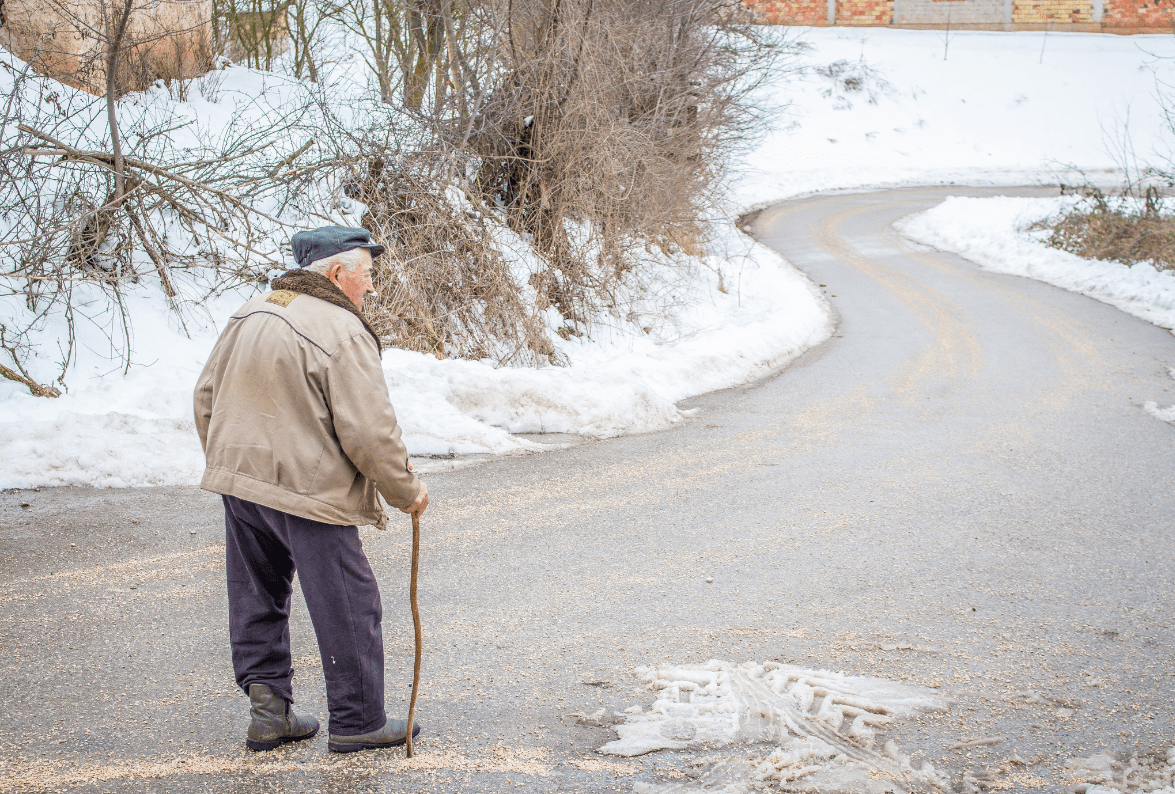As we age, our bodies often experience slower healing due to decreased skin elasticity, reduced blood flow, and slower cellular regeneration. Here are six tips to support our healing process and maintain health in old age.
Healthy and Balanced Diet
Our body’s ability to heal efficiently is closely linked to our nutritional intake. We should focus on a balanced diet rich in essential nutrients such as vitamins A, C, and E, as well as zinc and protein. These nutrients are essential for skin repair and immune function. Moreover, fruits, vegetables, lean proteins, and whole grains can provide the building blocks for optimal healing.
Adequate Hydration
Proper hydration is fundamental for maintaining healthy skin and supporting the healing process. We should drink plenty of water daily to keep our skin hydrated and support overall bodily functions. Adequate hydration helps maintain skin elasticity and assists in the repair of damaged tissues.
Effective Wound Care Practices
Proper wound care is essential for preventing infections and promoting healing. We should gently clean wounds with mild soap and water and apply appropriate dressings to protect them. Keeping wounds clean and dry is crucial in preventing infection, which can significantly delay healing. Regularly changing dressings and monitoring wounds for signs of infection—such as increased redness, swelling, or discharge—can help ensure proper healing.
Manage Chronic Health Conditions
Chronic conditions such as diabetes, vascular diseases, and autoimmune disorders can impair healing. We should manage these conditions effectively through medication, lifestyle changes, and regular medical check-ups. Keeping chronic conditions under control can improve our body’s ability to heal and reduce the risk of complications.
Regular Physical Activity
Regular, moderate exercise can enhance circulation, boost the immune system, and improve overall health, all of which are beneficial for healing. We should focus on low-impact exercises such as walking, swimming, or gentle stretching, which can promote blood flow and reduce the risk of complications related to immobility. Balancing physical activity with adequate rest is important to avoid overexertion and support healing.
Seek Professional Medical Advice
Consulting with healthcare professionals, such as dermatologists, wound care specialists, or our primary care provider, can offer targeted treatments and interventions. Regular medical consultations help monitor our progress, address issues early, and provide personalized care that supports optimal healing.
Take Home
Adopting a healthy lifestyle can help us better address the challenges of slow healing that often accompany aging. Focusing on balanced nutrition, adequate hydration, meticulous wound care, effective management of chronic conditions, regular physical activity, and seeking expert medical advice can significantly improve our healing outcomes. Implementing these practices helps us maintain our health and well-being, ensuring a higher quality of life as we navigate the aging process.

